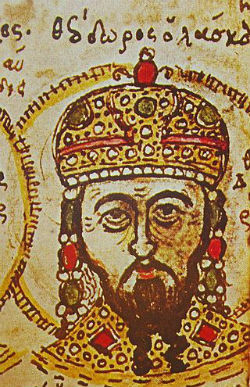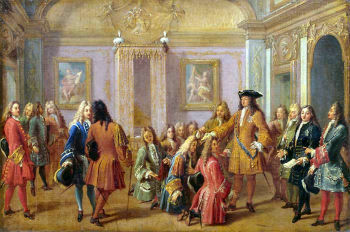The president exercises the role of head of the executive branch and also head of state (maximum authority) in a nation whose system of government is presidentialism. In Brazil, he is elected by direct vote, being the representative of the people at the federal level. The mandate lasts for 4 years, and may be extended for another 4 years, through new elections. The official residence is the Palácio da Alvorada, in Brasília, in the Federal District. Currently (2010), the salary of the president of Brazil is R$ 11,420.00.
The criteria for running for the most responsible political office in the country follow the 1988 Constitution of the Federative Republic of Brazil.
- Be at least 35 years old;
- Being a native Brazilian;
- Have the full exercise of their political rights;
- Be registered with any political party;
- Having an electoral address in Brazil;
- Not having replaced the current president within six months of the scheduled date for the election.
When elected, the president of the Republic has, among others, the following functions:
- Appoint and dismiss Ministers of State;
Do not stop now... There's more after the advertising ;)
- Conduct economic policy;
- Exercise, with the assistance of the Ministers of State, the direction of the federal administration;
- Edit provisional measures with the force of law on an urgent basis;
- Apply the approved laws;
- Veto bills, in whole or in part;
- Maintain relations with foreign States and appoint their diplomatic representatives;
- Decree the state of defense and the state of siege;
- Enact and execute federal intervention;
- Exercise supreme command of the Armed Forces, appoint Commanders of the Navy, of the
Army and Air Force, promote their general officers and appoint them to positions that are unique to them;
- Declare war, in the case of foreign aggression, when authorized by the National Congress or endorsed by it;
- Submit to the National Congress the multi-year plan, the draft law on budget guidelines and the proposals provided for in this Constitution;
- Perform other duties provided for in the Constitution of the Federative Republic of Brazil.
By Wagner de Cerqueira and Francisco
Graduated in Geography
Would you like to reference this text in a school or academic work? Look:
FRANCISCO, Wagner de Cerqueira e. "President"; Brazil School. Available in: https://brasilescola.uol.com.br/politica/presidente.htm. Accessed on June 27, 2021.



